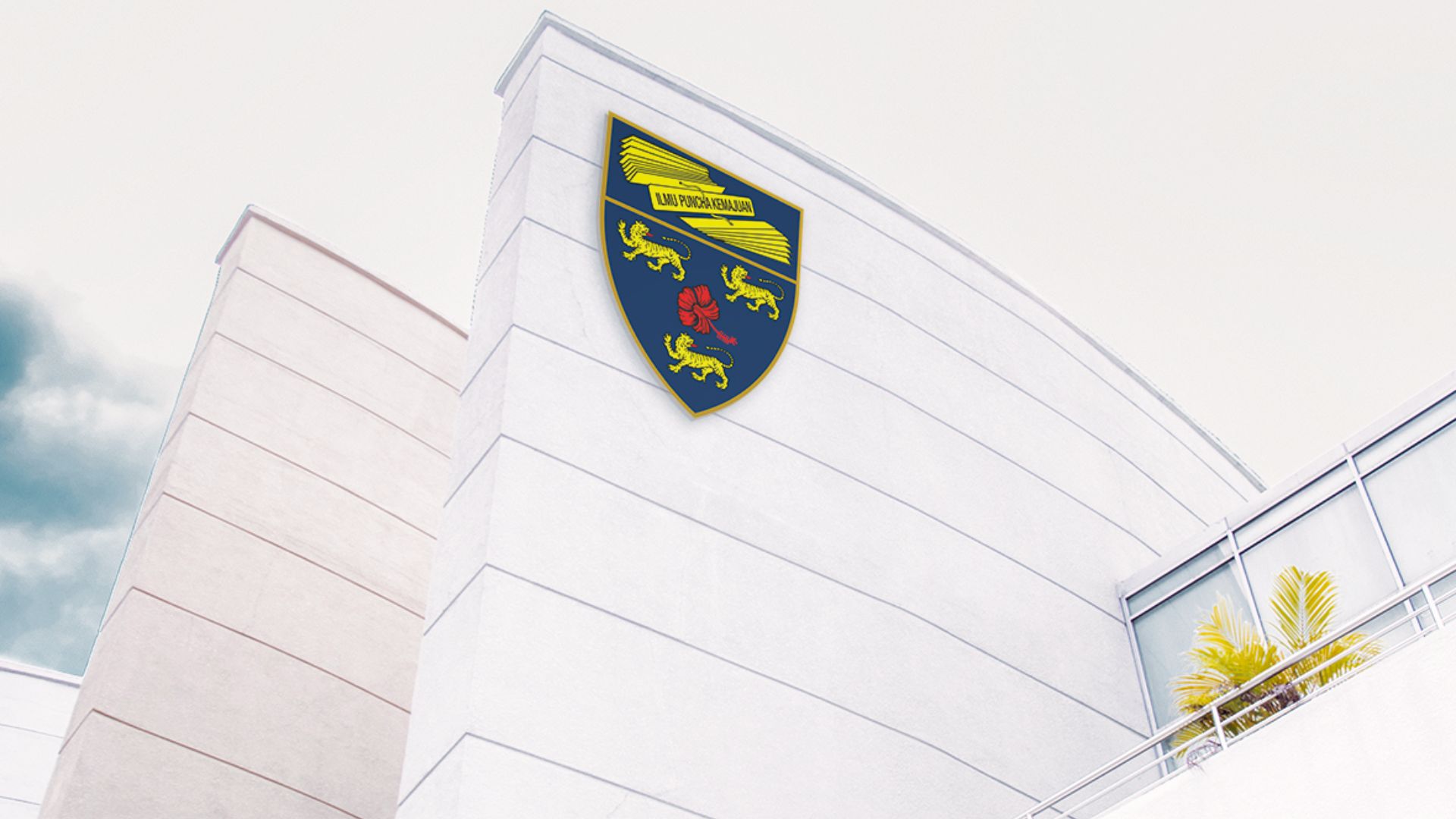Environmental Goods and Services Sector in Malaysia: Regulatory Shortcomings and Policy Constraints
Main Article Content
Abstract
Environmental regulation is a key driver for the growth of environmental goods and services (EGS), while trade facilitates the diffusion of these goods and services. There has been no shortage of initiatives to develop the EGS sector in Malaysia. However, some policy (non-market) failures are already observed in the governance of this sector. This paper identifies the inadequacies in the regulatory framework (environmental institutions and laws) for creating an enabling environment for the EGS sector. The paper also reviews the trade direction for EGS and delineates concerns related to the sectoral approach of policy making for the sector. The findings from the documentary analyses suggest that the laws and policies related to the EGS are fragmented as they come under the purview of different agencies. As a result of this regulatory incoherence, the coordination and enforcement are weak leading to low uptake of EGS. The absence of a national policy for EGS also obscures the trade direction for this sector. The policy priority and generous support accorded to the renewable energy segment, more specifically, are also a concern given the limited and uncertain role that this segment is expected to play in global energy use.
Downloads
Article Details
Submission of a manuscript implies: that the work described is original, has not been published before (except in the form of an abstract or as part of a published lecture, review, or thesis); that is not under consideration for publication elsewhere; that its publication has been approved by all co-authors, if any, as well as tacitly or explicitly by the responsible authorities at the institution where the work was carried out. Transfer of copyright to the University of Malaya becomes effective if and when the article is accepted for publication. The copyright covers the exclusive right to reproduce and distribute the article, including reprints, translations, photographic reproductions, microform, electronic form (offline and online) or other reproductions of similar nature.
An author may self-archive the English language version of his/her article on his/her own website and his/her institutions repository; however he/she may not use the publishers PDF version which is posted on www.ijie.um.edu.my. Furthermore, the author may only post his/her version, provided acknowledgement is given to the original source of publication and a link must be accompanied by the following text: The original publication is available at www.ijie.um.edu.my.
All articles published in this journal are protected by copyright, which covers the exclusive rights to reproduce and redistribute the article (e.g. as offprint), as well as all translation rights. No material published in this journal may be reproduced photographically or stored on microfilm, in electronic database, video disks, etc., without first obtaining written permission from the publishers. The use of general descriptive names, trade names, trademarks, etc., in this publication, even if not specifically identified, does not imply that these names are not protected by the relevant laws and regulations.
The copyright owners consent does not include copying for general distribution, promotion, new works, or resale. In these cases, specific written permission must first be obtained from the publishers.
